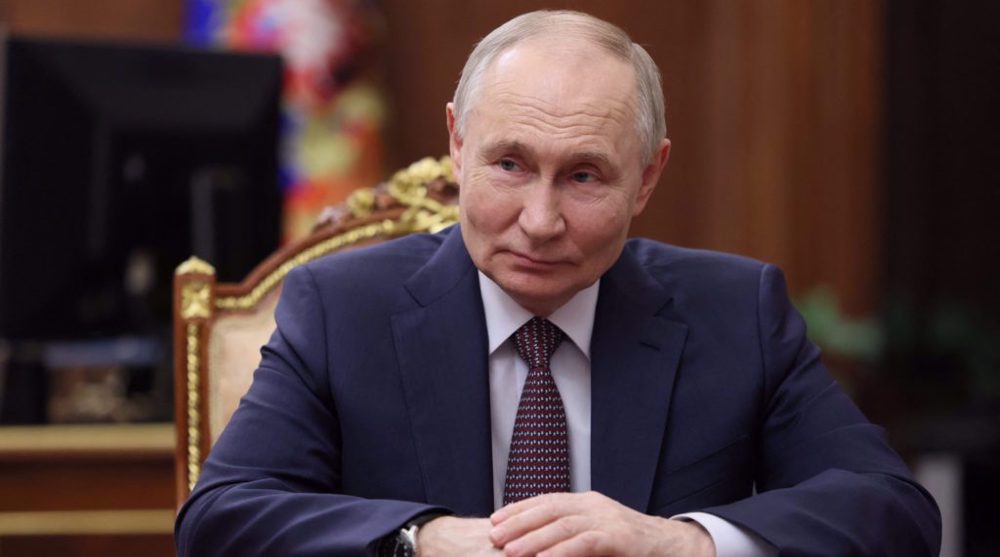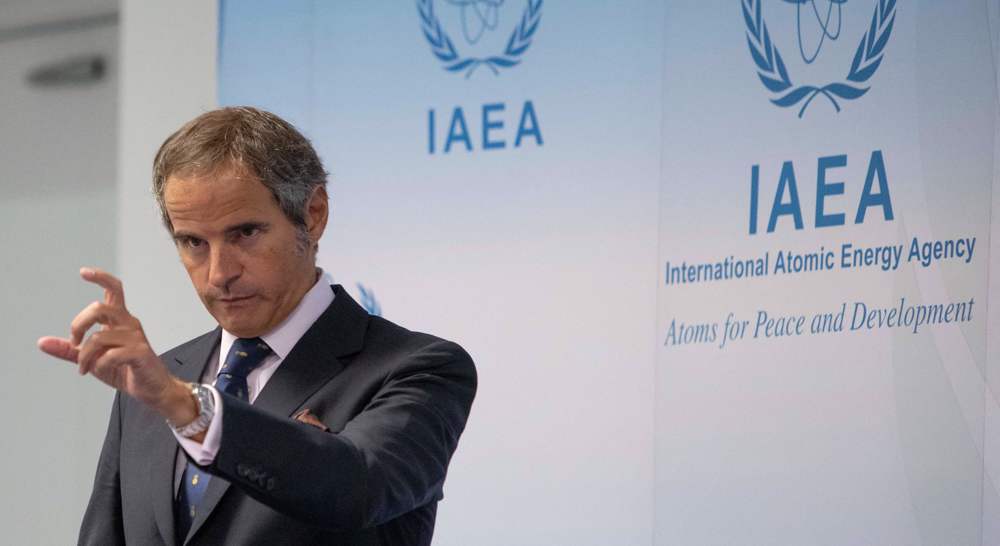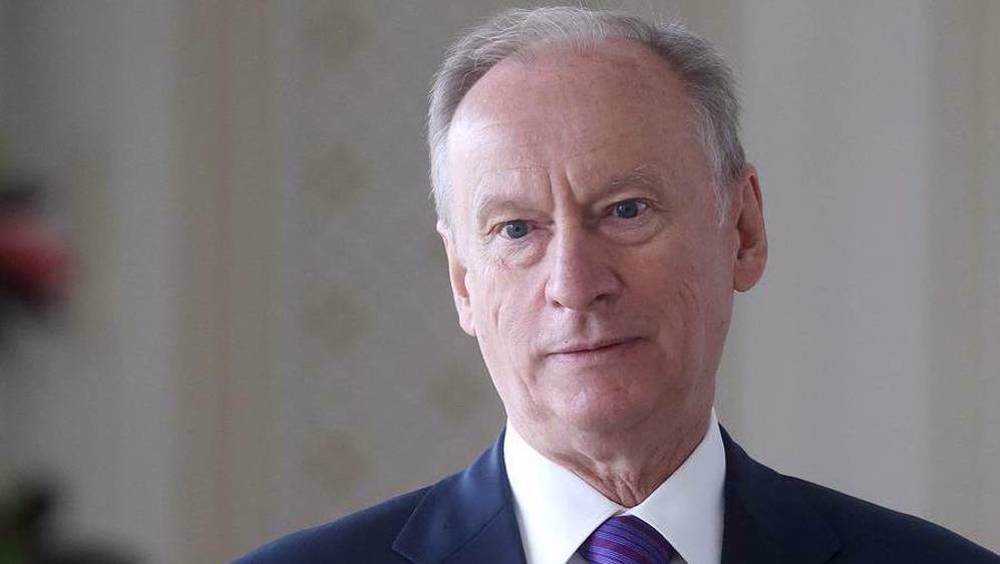AUKUS submarine deal ‘very tricky’ for IAEA nuclear inspectors: Grossi
The head of the United Nations’ atomic watchdog says the AUKUS alliance between Australia, the United Kingdom, and the United States is a “very tricky” issue that has to be resolved through negotiations since the agreement would provide a Non-Proliferation Treaty (NPT) state with nuclear-powered submarines.
Rafael Grossi, the director general of the International Atomic Energy Agency (IAEA), said on Tuesday that the AUKUS, under which Australia will obtain nuclear submarine technology from the United States, is a “very tricky” issue in terms of the agency’s inspections, but can be managed through talks with the respected parties.
Grossi said it would be the first time that a party to the NPT obtains nuclear submarines, apart from the five states with nuclear weapons recognized by the NPT — the United States, Russia, China, France and Britain.
“It is a technically very tricky question and it will be the first time that a country that does not have nuclear weapons has a nuclear sub,” the IAEA chief told the British media.
Grossi said an NPT signatory can exclude nuclear material from the IAEA’s supervision while that material is fueling a submarine.
“In other words, a country ... is taking material away from the inspectors for some time, and we are talking about highly, very highly enriched uranium,” he said. “What this means is that we, with Australia, with the United States and with the United Kingdom, we have to enter into a very complex, technical negotiation to see to it that as a result of this there is no weakening of the nuclear non-proliferation regime.” Grossi did not indicate where those negotiations would be held and how long they would last.
The US, Britain, and Australia recently established a security alliance – dubbed the AUKUS – for the Indo-Pacific to protect what they called their shared interests and help Australia acquire American nuclear-powered submarines.
The new security pact effectively scuttled a previous $40-billion deal between France and Australia that was signed to supply French-designed conventional diesel-electric submarines to the Australians.
Under the AUKUS, the three countries have agreed to enhance the development of joint capabilities and technology sharing and foster deeper integration of security and defense-related science, technology, industrial bases, and supply chains.
The partnership agreement has been viewed as an effort to counter China, which has called it “extremely irresponsible.”
The AUKUS alliance has also sparked concern in other parts of the world, with many countries warning that the trilateral pact could lead to a situation very similar to the US-Russian arms race during the Cold War.

Putin says not opposed to Europeans’ involvement in Ukraine talks

Danish police arrest 20 people protesting to stop military shipment to Israel

Russia launches ‘record’ strikes on Ukraine: Kiev
VIDEO | Gazans striving to survive with bare hands
'Shocking attack on free expression': Canadian politician slams arrest of pro-Palestine activist
West Bank Palestinians fear Gaza style destruction as Israel escalates raids
Hamas: Ibrahimi Mosque massacre testament to Israel’s criminal policy
Trump eyes Ukrainian rare earth minerals in exchange for military support to Kiev
Six Gaza children, including newborn girl, die of cold weather as Israel blocks aid
Iran rules out nuclear talks with US amid ‘maximum pressure’ campaign
Israeli tanks roll into West Bank first time in 20 years as prelude to forcible annexation








 This makes it easy to access the Press TV website
This makes it easy to access the Press TV website